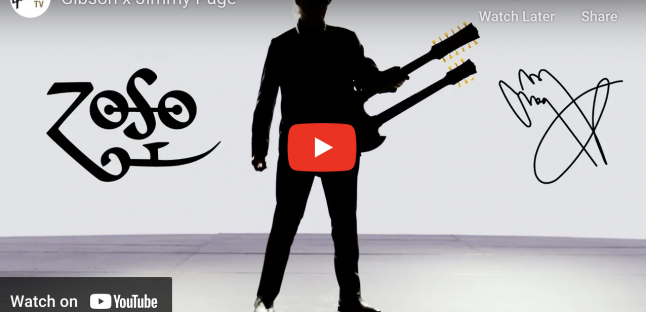Latest posts
A masterclass in creating value
What’s going on at parkrun?
Virtue-signalling all the way to the bank
Bud Light: brand purpose or virtue-signalling?
The Coddling of the American Mind, by Greg Lukianoff and Jonathan Haidt
Belonging, by Owen Eastwood
Such a simple thing
The Long Win, and The Scout Mindset
The Cult of We by Eliot Brown and Maureen Farrell
Coffee and covid modelling
By theme
Marketing strategy
Insight & metrics
Innovation & inspiration
Brand & positioning
Marketing communications
Business purpose
Leadership
By industry sector
Financial services
Retail
FMCG
Technology & start-ups
Consumer services
Business to business
Other sectors
By type
Books
Comment
Quotes
Thought leadership
Two million dollars. That’s how much Paul Allen, co-founder of Microsoft, paid for Jimi Hendrix’s Fender Stratocaster, the one he played at Woodstock. Anyone can buy a Fender Stratocaster for around £1000, but only one person can have that one.
It’s not surprising then that replica guitars are good business. Guitar brand Gibson have made replicas of legendary Led Zeppelin Jimmy Page’s favourite guitars, and charged a premium for the first 50, each signed by the man himself. Now Gibson have made a limited edition of fifty copies of his famous double-necked Gibson Les Paul guitar, complete with the scratches and marks of his original. It’s what happens next that is novel. Jimmy plays a Led Zeppelin riff on each one. Then he signs it. The pick he used is taped to the neck of the guitar, though perhaps not by him.
Page says a bit of his DNA is in each one. For this, the price goes up to $50,000. You get a guitar that Jimmy played, not on stage, not with the band, just in the Gibson showroom for a matter of seconds, as he demonstrates in the promotional film.
It is simultaneously real and contrived. It is not Jimmy Page’s guitar, but he did play it. This feels like a brilliant way to create value, by letting the customer feel close to his guitar hero. If you can’t meet Jimmy Page, still less afford to buy one of his actual guitars, this is a sort of shadow version of that. He was there, and now you are there. This guitar, your guitar, was in his hands.
Now I’m musing on what else could get the Gibson/ Jimmy Page treatment. If guitars aren’t your thing, how about a limited edition tennis racquet that Roger Federer or Serena Williams had served a few balls with? Not one of their racquets, but a brand new one which they took a few swings with before signing it and putting it down. Or a pair of football boots that Lionel Messi slipped his feet into – one of fifty pairs, of course, each of which he wore for a minute or two and maybe kicked one ball with.
This is transparently a commercial transaction. Jimmy picked out a few notes so that the guitar can cost ten times as much as if he had not. Guitar fans tell me they think it is worth it. His touch has created value. He’s been paid for an hour of strumming, Gibson have taken $2.5 million for fifty guitars that probably cost less than a thousand dollars each to make, and there are fifty contented, starstruck buyers. It’s a glorious example of value creation in which everyone wins.
Latest posts
A masterclass in creating value
What’s going on at parkrun?
Virtue-signalling all the way to the bank
Bud Light: brand purpose or virtue-signalling?
The Coddling of the American Mind, by Greg Lukianoff and Jonathan Haidt
Belonging, by Owen Eastwood
Such a simple thing
The Long Win, and The Scout Mindset
The Cult of We by Eliot Brown and Maureen Farrell
Coffee and covid modelling
By theme
Marketing strategy
Insight & metrics
Innovation & inspiration
Brand & positioning
Marketing communications
Business purpose
Leadership
By industry sector
Financial services
Retail
FMCG
Technology & start-ups
Consumer services
Business to business
Other sectors
By type
Books
Comment
Quotes
Thought leadership
